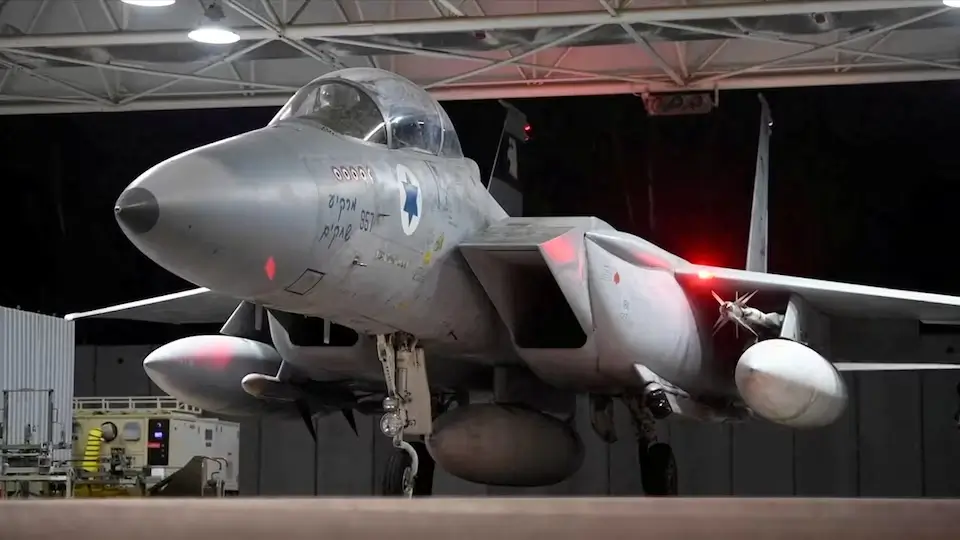ALBMs Success in Israel’s Recent Strike Against Iran
- Israel’s successful deployment of air-launched ballistic missiles (ALBMs) in its October 26 strikes against Iran has demonstrated the weapon’s strategic value.
- The ALBMs strikes effectively targeted Iranian missile factories and air defenses in three coordinated waves.
- Satellite imagery confirmed that some ALBMs targets included facilities previously linked to Iran’s nuclear program.
ALBMs Technical Advantages Over Traditional Missiles
- ALBMs offer several crucial advantages:
- Superior speed and penetration capabilities compared to conventional cruise missiles
- Flexible launch points through aircraft deployment
- Enhanced accuracy through modern guidance systems
- Multi-directional approach capability, complicating enemy defenses
- Better survivability against integrated air defense systems
ALBMs Global Powers: Israel, Russia, and China
- The ALBMs landscape is currently dominated by three nations:
- Israel’s recent demonstration highlights their advanced ALBMs capabilities
- Russia maintains active ALBMs programs, including the Khinzhal
- China continues to develop its ALBMs arsenal
- Notable absence of Western powers in ALBMs development:
- U.S. hypersonic ALBMs program (AGM-183) received no funding for 2025
- Britain has not pursued ALBMs technology since Cold War experiments
ALBMs Defense and Counter-Defense Capabilities
- Modern defense systems show potential in countering ALBMs:
- Patriot PAC-3 missiles have intercepted Russian ALBMs in Ukraine
- However, ALBMs remain more challenging to intercept than cruise missiles
- ALBMs technology combines existing components:
- Advanced guidance systems
- Specialized warheads
- High-performance rocket motors
ALBMs Strategic Implications of Deployment
- Israel’s successful ALBMs strikes demonstrate:
- Ability to penetrate sophisticated air defense networks
- Enhanced operational flexibility
- Cost-effective use of existing technology
- Many nations with precision weapons could potentially develop ALBMs
- The technology represents an innovative combination of proven components
ALBMs vs Alternative Weapons Programs
- While the U.S. maintains focus on cruise missiles, ALBMs alternatives include:
- Raytheon’s SM-6 missile system
- Traditional air-to-air combat systems
- Surface-to-surface operation capabilities
- These alternatives highlight different approaches to long-range strike capabilities
Future of ALBMs Development and Global Impact
- Israel’s ALBMs success may influence global military procurement
- Nations with existing precision weapons might pursue ALBMs development
- Key factors driving ALBMs adoption:
- Demonstrated effectiveness in recent conflicts
- Combination of speed, accuracy, and deployment flexibility
- Potential cost advantages using existing technologies
- Growing need for advanced strike capabilities
The successful deployment of ALBMs by Israel marks a significant moment in modern warfare evolution. As military planners worldwide observe these developments, the ALBMs’ role in strategic defense planning may grow substantially, potentially reshaping how nations approach their long-range strike capabilities and defense systems.

